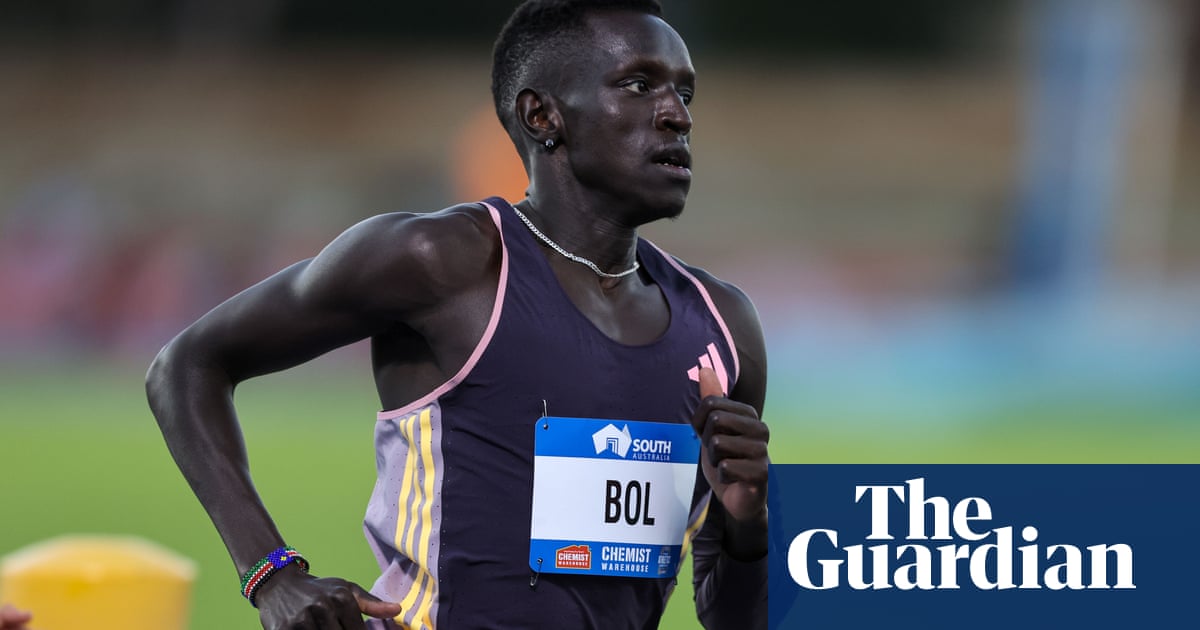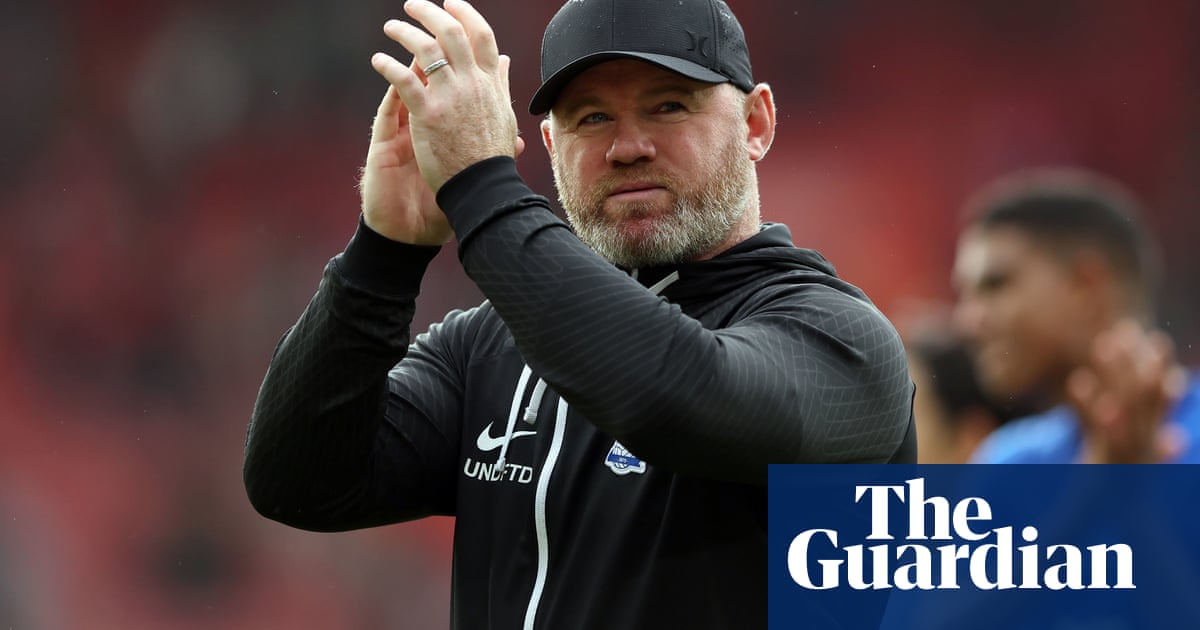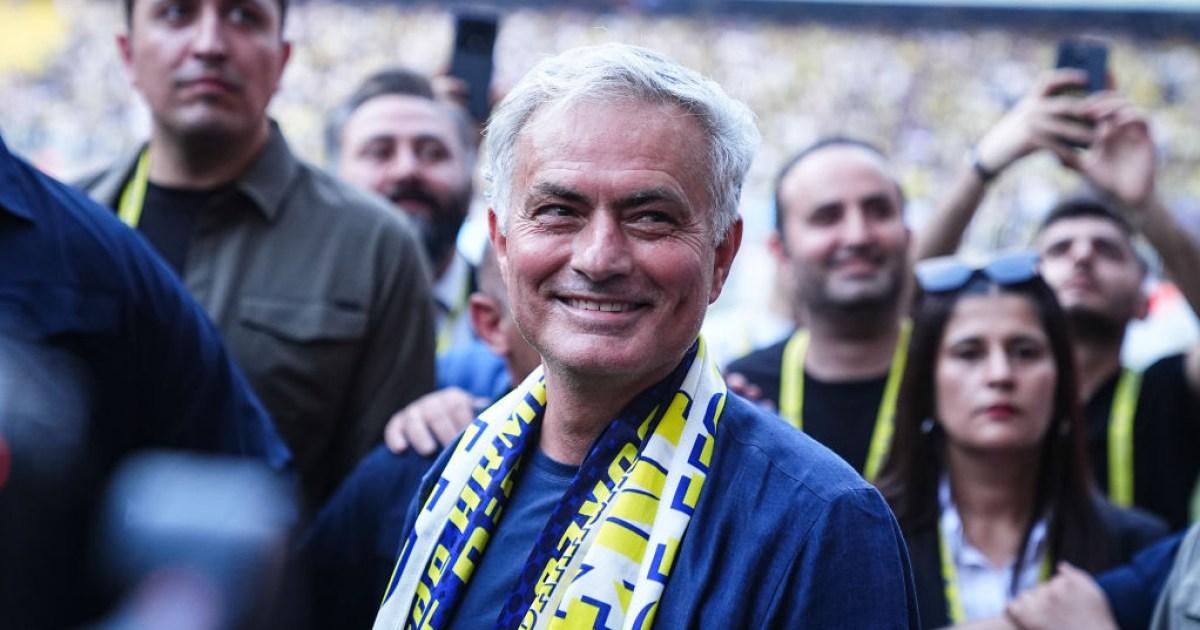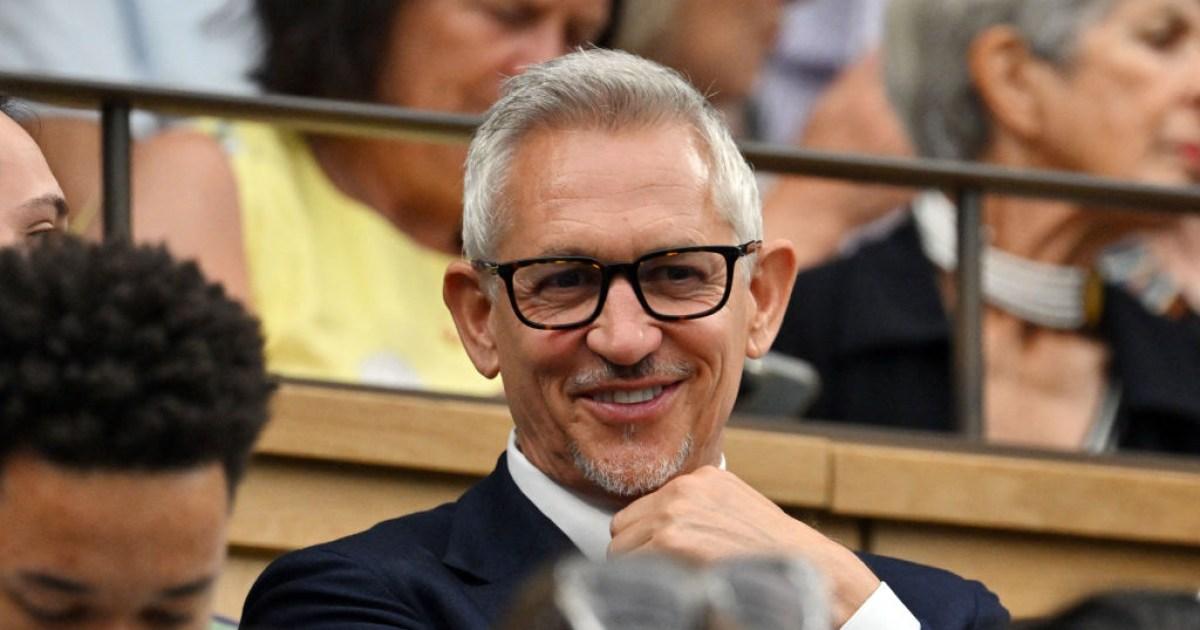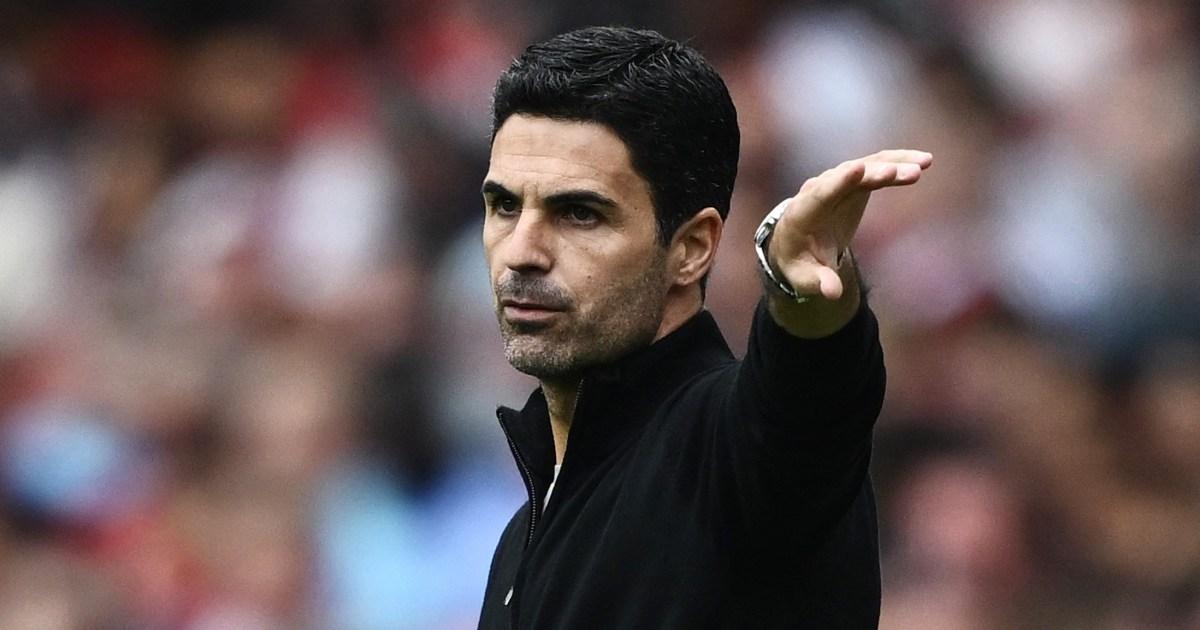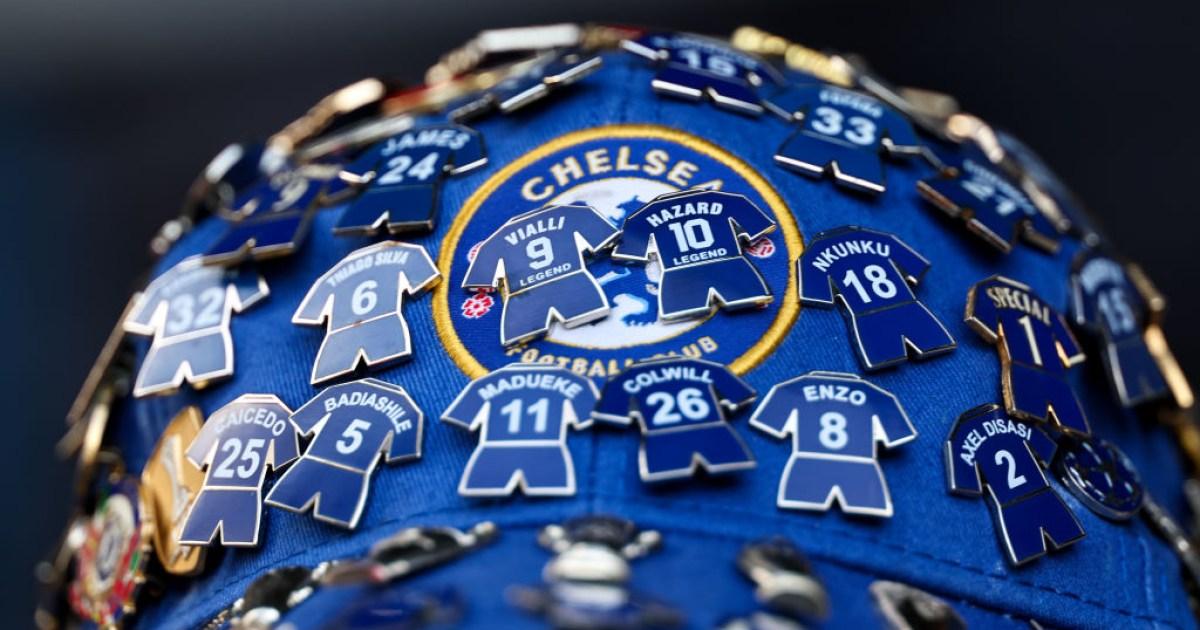Athletes who record inconclusive initial doping test results for synthetic EPO may be saved from public shaming, following World Anti-Doping Agency (Wada) reforms prompted by the Peter Bol saga.
The Australian Olympian was provisionally suspended from competition in January 2023 after an out-of-competition test showed he had elevated levels of synthetic EPO, which can stimulate the formation of bed blood cells and aid recovery. Subsequent testing exonerated him.
Wada reviewed its processes after Bol’s case, and new guidance for EPO testing will come into effect in June. It expands the requirement for two experts to assess a result before a positive test is recorded and made public.
The updated technical document states “a finding would be reported as an adverse analytical finding [positive test] only when both experts conclude that [synthetic EPO] is present in the sample,” and sets out detailed steps for the process.
Athletics Australia said in a statement it was “encouraged by the Wada review and supports any research that increases the reliability of EPO testing to provide more certainty for athletes”.
Last year, analysis of a second sample from Bol returned an atypical finding a month after his initial result, and his ban was lifted.
Subsequent testing of the initial sample found “varying expert opinions” according to Sport Integrity Australia, highlighting the scientific challenges in testing for EPO.
Had Bol’s sample been processed under the new guidelines, the initial result may have undergone additional testing, which could have prevented the positive finding and provisional suspension.
However, testing for EPO remains subjective, and scientists who reviewed Bol’s testing continue to criticise the methods Wada recommends.
The affair had a major impact on Bol. In 2021, he placed fourth in the 800m final at the Tokyo Games – the highest place by an Australian man in an individual track event since 1988.
after newsletter promotion
At the 2023 world championships, his first major meet after his ban, Bol was eliminated in the heats. He has since said he wasn’t in a positive head space at the time.
The 30-year-old has won a place in the Australian team for the Paris Olympics, which start in July.
After securing his ticket earlier this week, he told Channel Nine he was “happy, healthy and back on track”.
